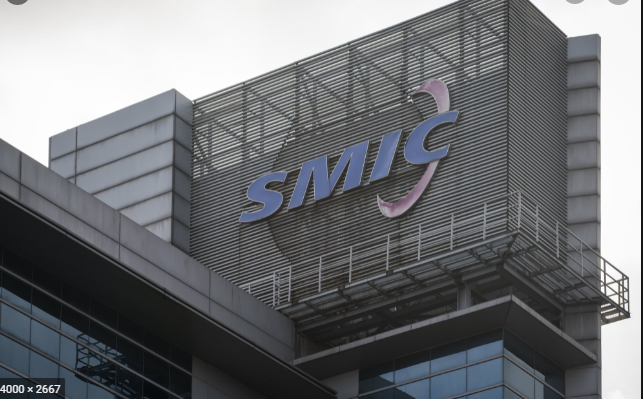The Global Semiconductor Shortage – Causes and Solutions
Chip Shortage is becoming an issue for various industries worldwide - it has major real-world consequences and is expected to last for at least two more years.
What are Semiconductors?
Semiconductors, at their core are simply silicone with transistors build into it them, are advanced microchips that power almost every electronic devices being made today.
It is not an overstatement to say semiconductors, or computer chips, power the modern world. They are a key component of what power our laptops, cell phones, cars, washing machines and refrigerators and also the factories that produce them. Outside of the home semiconductors are utilised by all major industries, from complex military applications or lifesaving medical equipment to the systems that keep the power grid afloat and local traffic lights working.
![]()
The semiconductor industry is a behemoth, within the industry there are companies that only design chips, known as Fabless companies, and there are companies that manufacture them, called Foundries in addition to the integrated design manufacturers such as Intel that both design and manufacture chips.
It's common today for major semiconductor companies to adopt the Fabless model and outsource manufacturing to Foundries like Taiwan Semiconductor or Samsung.
What is the current issue?
Quite simply, there aren't enough semiconductors being made and we face a massive global shortage, to the point that General Motors (GM), one of the world's largest automakers could loose up to $2 billion because the chip shortage has forced it to temporarily shut down some of its auto manufacturing plants.

The current shortage has been attributed to the Coronavirus pandemic. The work-from-home lifestyle has significantly increased the demand for chips. Global semiconductor sales totalled $439 Billion in 2020, an increase of almost 7% from 2019.
Additionally as cars are becoming more computerised, they required both more advanced and also basic semiconductors. Majority of Car manufacturers cancelled their orders in the midst of Covid, however the demand is returning, but it is taking time for the supply chain to adjust. The issue is not unique to US Car manufacturers, with European and Japanese conglomerates experiencing the same issue, as both the VW Group and Honda have been forced to cut production already.
What can be done?
The chip shortage is expected to persist well into the next two years. President Joe Biden ordered economic and national security experts to search for gaps in the semiconductor supply chain in the United States as they attempt to assess how reliant the US has become on the rest of the world to manufacture semiconductors for US products.
There is expected to be a significant ramp up in production - According to an article in industry week, Intel will spend $20 Billion on two new chip plants. Taiwan Semiconductor is expected to invest in several new chip-making factories in the US by 2024 with Samsung also announcing plans of a $17 billion new factory.
Once the shortages are resolved, demand for semiconductors is only likely to increase. Emerging technologies like 5G networks, wider usage of electronic devices and integrated circuits in the developing markets are contributing factors to the continued growth of the industry.
China continues to attempt to be self-sufficient, while currently it imports most of its semiconductors, Beijing has made the manufacturing of chips a top priority over the next five-years with SMIC the main local manufacturer planning the opening of a new factory in Shenzhen. However, according to some reports coming out of Taiwan, China is actually failing to meet the self-sufficiency goals it has set itself.

With such widespread effect, this is likely to remain one of the top stories to follow in 2021 and beyond.
Kalin Tsenov
Product Specialist
Kalin Tsenov has a strong research background in economics with specific interests in Geopolitics and its impact on the Financial Markets.
He joined FXCM in 2018 after obtaining a Bachelor's Degree from Leeds Metropolitan University. Initially starting as a Business Analyst in the Payment Solutions department, he is currently a Product Specialist in the Firms Product & Strategy department.


Any opinions, news, research, analyses, prices, other information, or links to third-party sites contained on this website are provided on an "as-is" basis, as general market commentary and do not constitute investment advice. The market commentary has not been prepared in accordance with legal requirements designed to promote the independence of investment research, and it is therefore not subject to any prohibition on dealing ahead of dissemination. Although this commentary is not produced by an independent source, FXCM takes all sufficient steps to eliminate or prevent any conflicts of interests arising out of the production and dissemination of this communication. The employees of FXCM commit to acting in the clients' best interests and represent their views without misleading, deceiving, or otherwise impairing the clients' ability to make informed investment decisions. For more information about the FXCM's internal organizational and administrative arrangements for the prevention of conflicts, please refer to the Firms' Managing Conflicts Policy. Please ensure that you read and understand our Full Disclaimer and Liability provision concerning the foregoing Information, which can be accessed here.